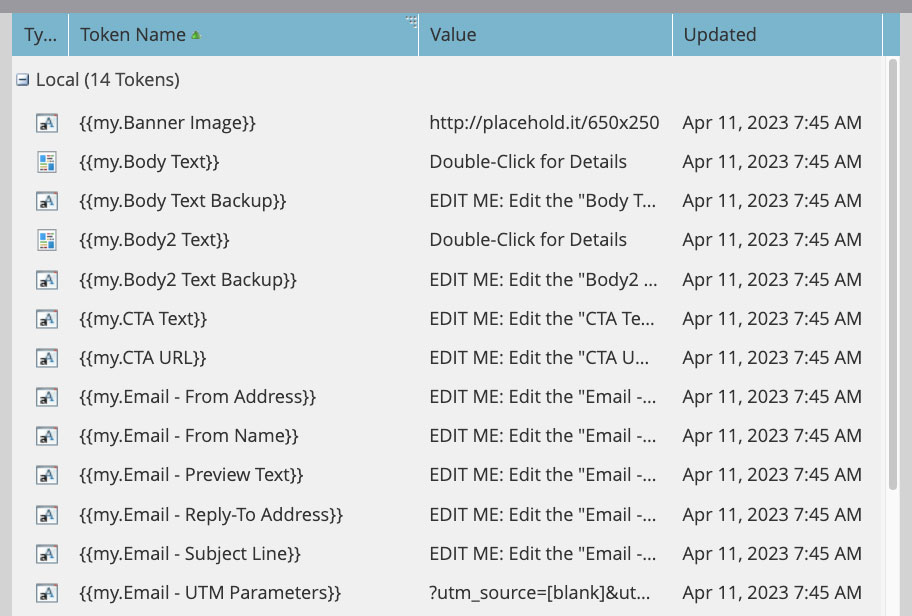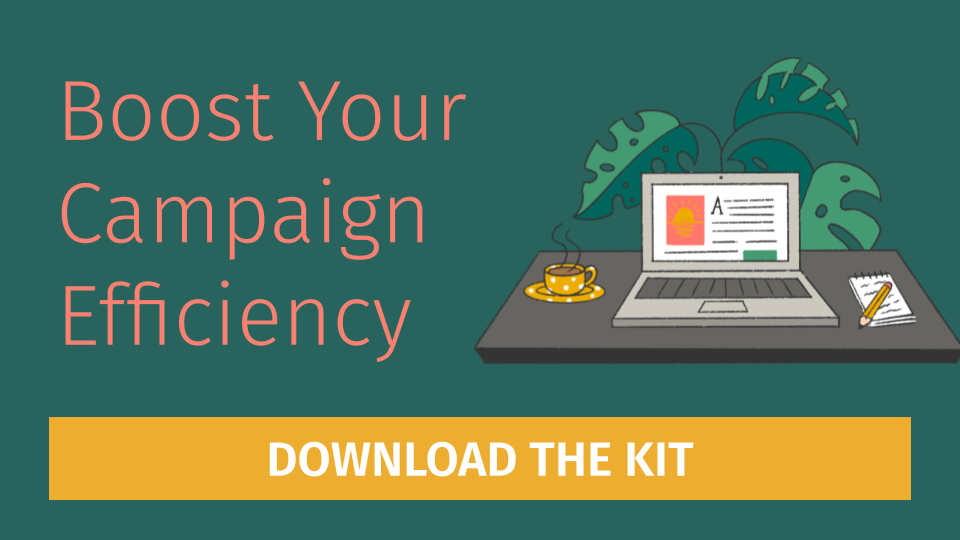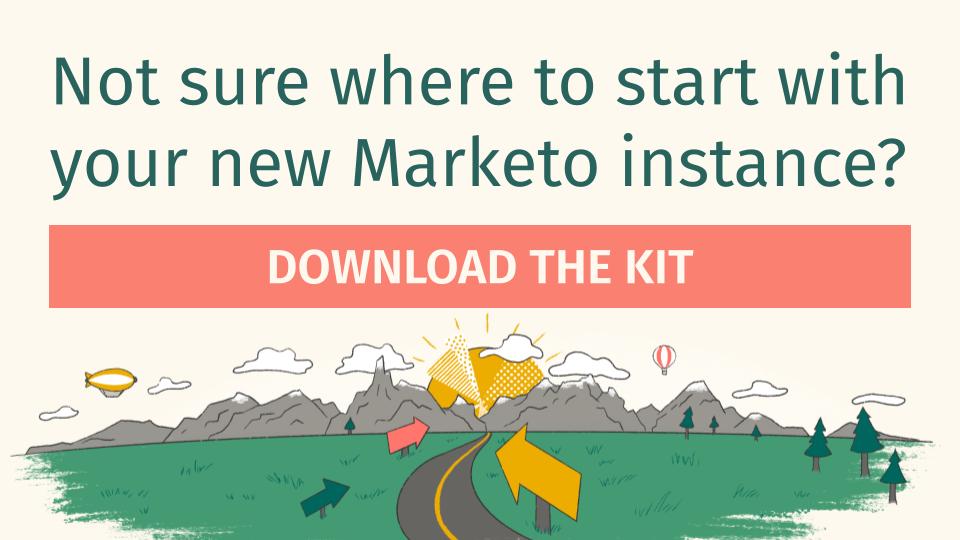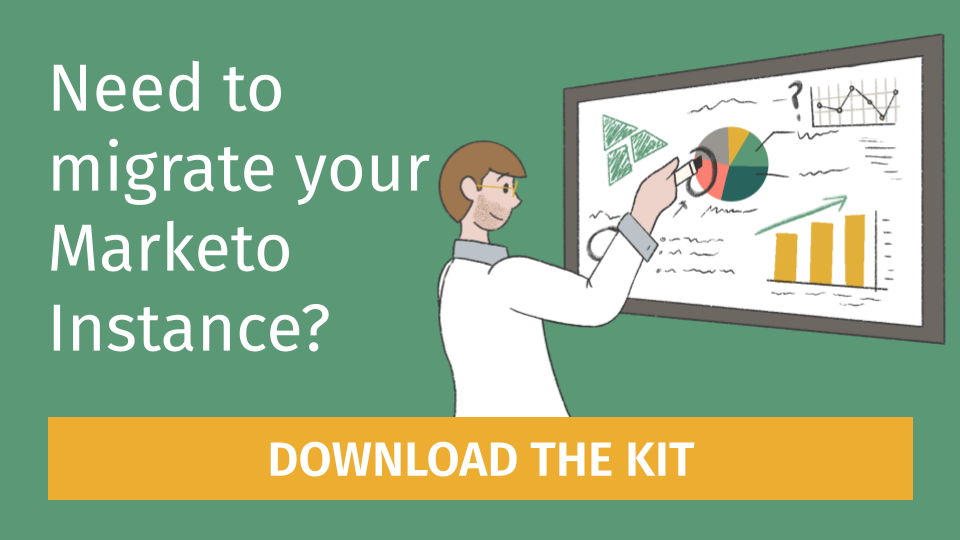What is messaging relevancy?
Messaging relevancy pertains to one of the core concepts all good email marketers understand and know how to implement so well in their respective businesses. It can be defined by simply reversing the wording and adding a bit more context to it – messaging relevancy = how relevant my message is to my target audience. To more clearly define it, messaging relevancy is the extent of how relevant, relatable, and meaningful your email content is to your target audience that will make them take action, driven by your call to action, and ultimately lead to what you define as a success (i.e. purchasing your products/services, registering for a webinar, downloading an ebook, visiting your website, etc). It’s a foundational aspect of email marketing that cannot be ignored, assuming you want the best results from your marketing efforts.
Why should companies seek to improve Messaging Relevancy?
As alluded to above, messaging relevancy plays a critical role in the success of your email marketing campaigns. Your content must resonate with your target audience, at least to some extent, so that they feel inclined to take the actions you desire. If your content is not relatable to your target audience, or if viewed as unimportant, it can lead to low open and click through rates, higher unsubscribe rates, and lower overall deliverability rates. One of the most prominent factors affecting deliverability is your sender score. A sender score is a number between 0 and 100 and represents how highly ranked your brand’s reputation is as an email sender. A higher score translates to a more trustworthy and welcomed email sender. Without a doubt the goal of your marketing team should be to boast the highest sender score possible so that unsubscribes are less likely to occur.
 Along with keeping unsubscribes at a minimum, the ultimate goal of your marketing efforts is to generate and increase sales. Typically that’s what’s deemed as a success in a marketing campaign – leads are generated, are added to some type of lead nurture program, and are guided through the three stages of the marketing funnel, which are top of funnel (TOFU), middle of funnel (MOFU), and bottom of funnel (BOFU). At the conclusion of this process, known as the buyer’s journey, the lead makes a purchase. Explained more explicitly, the marketing funnel represents the journey a lead takes starting from awareness and eventually ending at conversion. The funnel concept gives a visual representation of the volume of leads you should expect to progress through it: it’s widest at the top and most narrow at the bottom, which implies that not all leads will progress fully and therefore will not convert. The take home idea here is that your leads will need to be provided with relevant content at each stage that effectively encourages them to take action (i.e. make a purchase) so that they now have become a paying customer. This concept is known as lead conversion, which can more clearly be defined as the process of converting leads into customers. Lead conversion directly correlates with the revenue your company brings in. The higher your lead conversion rate is, the more money you have coming through the door. And while it’s initially great to generate leads through various marketing efforts, it won’t mean much if none of them are converting into paying customers. In other words, no matter how many leads you have, your business will eventually fail if they aren’t becoming customers. The relevance of your messaging plays a key role in lead conversion and therefore must be of the utmost importance when creating new content. More importantly though, knowing how to implement the tools in Marketo Engage to boost messaging relevancy is what your marketing operations team will need to execute on for their campaigns to be successful. A powerful tool that fits the mold perfectly – TokenS!
Along with keeping unsubscribes at a minimum, the ultimate goal of your marketing efforts is to generate and increase sales. Typically that’s what’s deemed as a success in a marketing campaign – leads are generated, are added to some type of lead nurture program, and are guided through the three stages of the marketing funnel, which are top of funnel (TOFU), middle of funnel (MOFU), and bottom of funnel (BOFU). At the conclusion of this process, known as the buyer’s journey, the lead makes a purchase. Explained more explicitly, the marketing funnel represents the journey a lead takes starting from awareness and eventually ending at conversion. The funnel concept gives a visual representation of the volume of leads you should expect to progress through it: it’s widest at the top and most narrow at the bottom, which implies that not all leads will progress fully and therefore will not convert. The take home idea here is that your leads will need to be provided with relevant content at each stage that effectively encourages them to take action (i.e. make a purchase) so that they now have become a paying customer. This concept is known as lead conversion, which can more clearly be defined as the process of converting leads into customers. Lead conversion directly correlates with the revenue your company brings in. The higher your lead conversion rate is, the more money you have coming through the door. And while it’s initially great to generate leads through various marketing efforts, it won’t mean much if none of them are converting into paying customers. In other words, no matter how many leads you have, your business will eventually fail if they aren’t becoming customers. The relevance of your messaging plays a key role in lead conversion and therefore must be of the utmost importance when creating new content. More importantly though, knowing how to implement the tools in Marketo Engage to boost messaging relevancy is what your marketing operations team will need to execute on for their campaigns to be successful. A powerful tool that fits the mold perfectly – TokenS!
What are Tokens and how do they help companies improve messaging relevancy?
Marketo Engage Tokens can be defined as a variable block of text that can be used in Smart Campaign flow steps, emails, landing pages, snippets, and web campaigns. They will help you scale your instance and be more personal, dynamic, and consistent across all of the content you create. Utilizing Tokens essentially prevents you from having to “recreate the wheel” everytime you want to build something new that closely resembles what you’ve already created in the past. For instance, you can quickly create a new program (email, event, default, engagement) that incorporates whatever new content you want to include, while keeping the original framework intact. Creating a Tokenized program template may take a long time to produce, but cloning the program and simply updating the Tokens within it will take significantly less time. And if you’ve really built a great Tokenized program template, you can theoretically just update the Tokens and nothing else, yet it will look as good as the original masterpiece first created that took so long to build! Tokens can help boost your marketing efforts exponentially. You just have to know how to use them effectively to produce desirable results.

Within the scope of an email, a Token helps personalize the message for the recipient in a way that’s unique to that individual. For instance, instead of using a generic greeting line of “Hello friend,” you can replace it with something more personalized like “Hello John,”. Customization as minimal as this provides more value to the prospect or customer, makes your messaging seem less salesy, and supports the idea of being more attentive to their needs. This is an example of a person Token, which pulls in data from all of the leads in your database to produce each individual’s name. It will do this by recognizing the email address associated with the lead, so when an email is sent to that person, their name will populate accordingly. Aside from person Tokens, there are a variety of others you can use to pull in additional types of lead specific information and include the following: company Tokens, campaign Tokens, system Tokens, trigger Tokens, program Tokens, and My Tokens. The examples below show how these will appear in your Marketo Engage instance. To view the full list of the Tokens available, click here.
Person Token: {{lead.First Name}}
Company Token: {{Company.Company Name}}
Campaign Token: {{campaign.name}}
System Token: {{system.UnsubscribeLink}}
Trigger Token: {{trigger.Name}}
Program Token: {{program.Name}}
Member Token: {{member.Webinar url}}
My Token: {{my.Event Date}}
Here is a breakdown of what each Token entails:
- Person and company Tokens – pull data from records in the system
Campaign, trigger, program, and member Tokens – pull information about processes in the system - System Tokens – perform specific system functions
- My Tokens – defined within a program by the user
Tokens can be present at the folder or program level and have a waterfall effect, meaning whichever level they reside in, all assets below will inherit those Token values. This functionality really comes in handy if you have content that remains consistent and needs to be included in all assets you create. Think of legal disclaimers, copyright years, your brand colors, social media icons, and other things of this nature which remain unchanged from one email to the next. Utilizing Tokens will prevent you from having to add the same content into every email you create since it will automatically be included each time.

Another effective way to personalize your email for a lead is by having a Token populate the name of the sales rep associated with that lead, which can be done in multiple places. It can be used in the ‘From’ section of the email or within the signature at the bottom of an email. As an example, let’s say you’re providing marketing emails to promote financial advisors who’ve engaged with prospects in 1:1 meetings but haven’t been converted into clients yet. By Tokenizing the email to include the advisor’s name in multiple spots (i.e. From line and signature), the messaging becomes more relevant to the prospect and may make them feel more inclined to follow up with the advisor. In a sense, the messaging is more personal, making it appear as if the email is being sent directly from their advisor. I’d be willing to bet leads are more likely to respond or take actions that appear to come directly from an advisor they know as opposed to receiving a generic email coming from a standard company email blast. At the end of the day, if your content has even the most subtle personalization components to it, the general perception of your email will probably feel less pushy and a bit more genuine. Perception is key!
Conclusion
Tokenizing emails can really boost messaging relevancy if utilized the correct way. Not only does content become more tailored to your leads, but the time it takes to build all the content you are sending to those leads can be dramatically reduced. Your marketing efforts have a significantly larger impact as a result of Tokens because less work is required to produce higher quality content. Doesn’t get much better than that right? This idea exemplifies our philosophical approach at Etumos and is how we meet the needs of all of our clients. We follow the SCRIM design methodology which stands for Scalable, Clear, Robust, Intelligent, and Modular. Tokens hit on all of these aspects, making it a powerful tool to use within Marketo Engage or any other type of marketing automation platform. To learn more about Tokens, the best practices associated with them, or how we can help effectively apply them within your Marketo Engage instance, contact us today!







